Expert Advice: The challenges of becoming a sustainable industry
Tabitha James Kraan urges the beauty and hair sectors to clean up their act
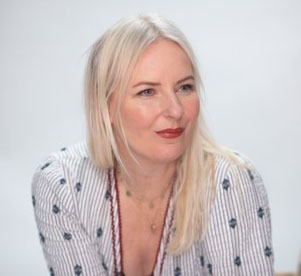 It is estimated that more than 120 billion units of cosmetics packaging is generated globally each year, much of which is not recyclable. Many consumers are now turning to ‘greener' alternatives when it comes to beauty and personal care products. They are demanding products that do not harm their skin, nor the environment or society; as well as products that are natural, traceable and free from modified ingredients.
It is estimated that more than 120 billion units of cosmetics packaging is generated globally each year, much of which is not recyclable. Many consumers are now turning to ‘greener' alternatives when it comes to beauty and personal care products. They are demanding products that do not harm their skin, nor the environment or society; as well as products that are natural, traceable and free from modified ingredients.
Becoming a sustainable brand has its challenges and is a work in progress in all areas. Some of the most important sustainability challenges include eco-friendly packaging, green formulations, transparency and traceability, climate change, greenwashing, social impacts and water management.
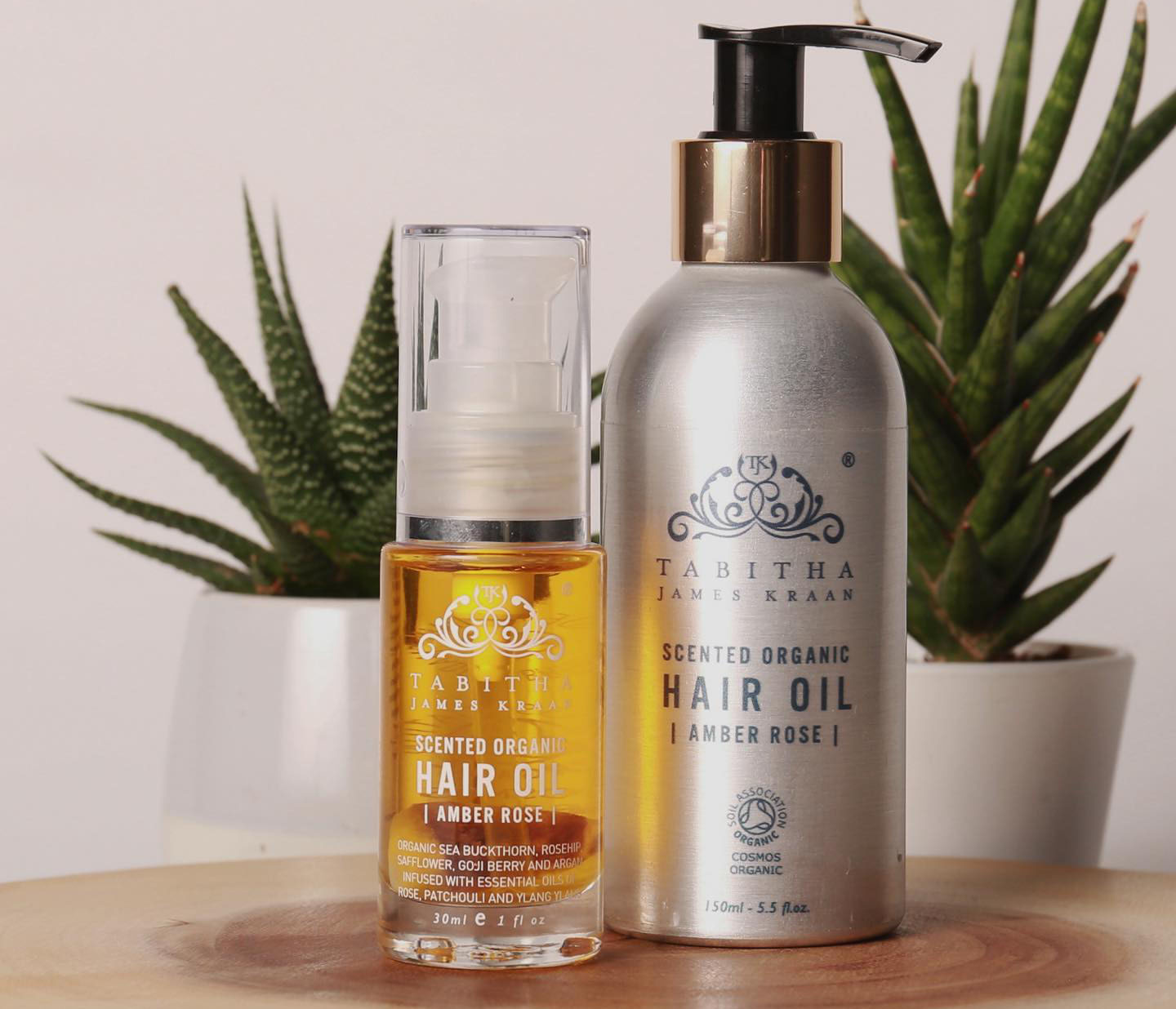
From organic ingredients for formulas to refillable or reusable packaging, trying to find products that were authentic and not greenwashing by talking the talk and not walking the walk when it came to ingredients was my biggest challenge. I reached a point where I couldn't find what I was looking for, so I decided to create it myself.
Greenwashing comes as no surprise with the beauty industry largely unregulated in the UK as government doesn't stipulate what it means to be a sustainable beauty brand. Many consumers make the mistake of purchasing products labelled as ‘natural' believing them to be a safer and better option, when in theory it is an unregulated term in the beauty industry, meaning brands can label cosmetic products as natural even if they contain no natural ingredients. This is an issue up and down the supply chain and it can be tricky for brands to sort through suppliers' claims versus what they can actually deliver.
I believe passionately that the cosmetic industry needs to clean up their act for the sake of the planet and all of those who inhabit it. I also believe that we need transparency for consumers so that they can see what they are really getting in their products to enable them to make informed choices.
Tabitha James Kraan is a Hairdresser and Founder of Tabitha James Kraan Haircare, offering certified-organic, 100% plastic free products.
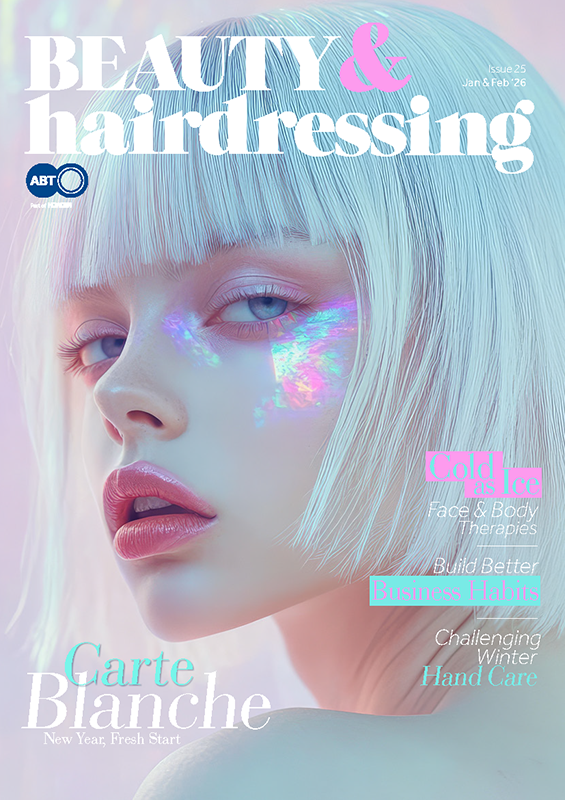
-(1)-13444.jpg)
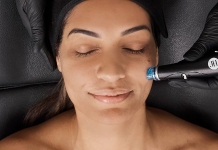
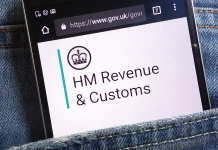
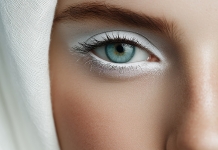
-13446.jpg)


